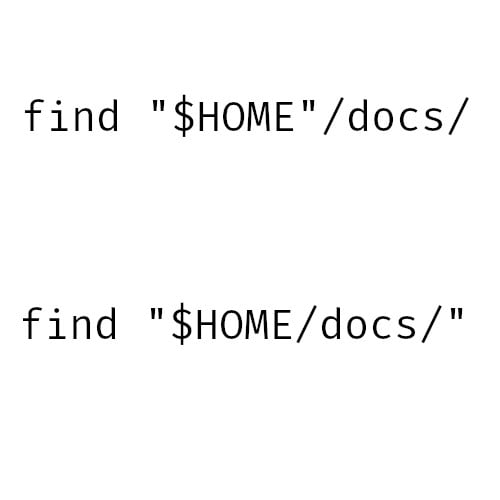Shell Scripting
1333 readers
1 users here now
From Ash, Bash and Csh to Xonsh, Ysh and Zsh; all shell languages are welcome here!
Rules:
- Follow Lemmy rules!
- Posts must relate to shell scripting. (See bottom of sidebar for more information.)
- Only make helpful replies to questions. This is not the place for low effort joke answers.
- No discussion about piracy or hacking.
- If you find a solution to your problem by other means, please take your time to write down the steps you used to solve your problem in the original post. You can potentially help others having the same problem!
- These rules will change as the community grows.
Keep posts about shell scripting! Here are some guidelines to help:
- Allowed: Release Announcement of a command-line program designed for scripted use (e.g. bash, bats, awk, jq, coreutils/moreutils)
- Allowed: Tutorials on using shell languages or supplementary tools designed for scripted use
- Allowed: Code review/help requests for shell languages or supplementary tools designed for scripted use
- NOT Allowed: Announcement of a CLI or TUI program that is not designed for scripted use (Yes, your fancy Zsh plugin which pretty-prints the date and time using only builtins is very cool, but unless you actually want to discuss the code itself, please check out !commandline instead!)
- NOT Allowed: Domain-specific tutorials that do not involve shell scripting as a core component (e.g. docker-compose, ansible, nix). If you really love one of these, I'm sure there's a community out there ready to talk about them!
- NOT Allowed: Code review requests for non-shell programming languages and configuration languages (e.g. Python, Yaml)
In general, if your submission text is primarily shell code, then it is welcome here!
founded 1 year ago
MODERATORS
26
27
28
29
30
31
32
33
34
35
36
37
38
39

